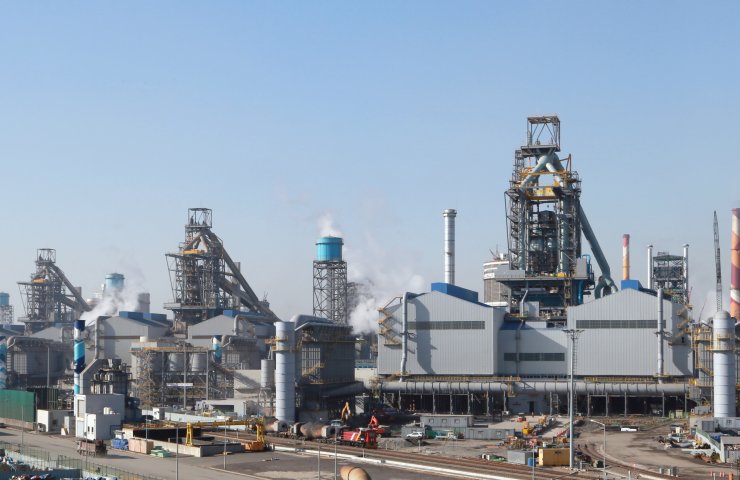Last week, three regional governments representing South Chuncheon Province, North Gyeongsang Province and South Jeolla Province pushed local steel companies Posco and Hyundai Steel to shut down their steel mills for 10 days due to violations of the Clean Preservation Act. air.
Provincial governments said that Posco's Gwangyang and Pohang steel mills and Hyundai Steel's Tangjin plants had opened safety valves while servicing their blast furnaces, releasing pollutants into the air.
A rare local government decision came after an authoritative interpretation of the law by the central government, which said that air pollution that has hit the country hard in recent years may have been exacerbated by the practice of "airing" blast furnaces - a common operation for steelmakers.
Immediately, the Korean Metallurgy Association issued a statement saying that there was no global precedent for the introduction of rules governing the practice of opening blast furnaces, and that the administrative order could seriously harm the business of metallurgists.
The Posco branch of the Korean Confederation of Trade Unions said that "the closure of the plant will destroy the foundation of Korean industry."
Despite industry resistance, Korea's environmental regulations are expected to become more stringent as a result of growing calls to address air pollution and climate change at home and abroad.
Earlier this month, President Moon Jae-in said the country intends to reduce emissions of fine dust by more than 30 percent by 2022, compared to 2016 levels. He said the government is making efforts to improve plants and other facilities that emit high concentrations of fine dust.
“I agree with the importance of environmental standards. But if the government promotes plans without a sufficient grace period, companies may inevitably have to break laws and lose competitiveness, ”said a spokesman for a major steel company in Korea, speaking on condition of anonymity.
Metals companies are already stepping up their efforts to invest in environmental protection in line with government policies to improve sustainability. By 2021, Korea's steel industry plans to invest more than 1.5 trillion won in environmental activities, Posco CEO Choi Jong-woo said in a speech at Steel Day last week.
Environmental regulations are becoming another factor holding back the development of the local steel industry, which is already plagued by growing protectionism, rising raw material prices and falling demand.
In the first quarter of this year, the average selling price of iron ore, the main raw material for steel, rose 13.8 percent to $ 97.84 per tonne from $ 70 in the fourth quarter of last year due to supply problems in Brazil and Australia , the two largest iron ore producers.
Between January and March, the country's major steelmakers posted weak profits. Posco's operating profit declined 19 percent year-over-year, while Hyundai Steel reduced operating profit 27.6 percent in the same period.




